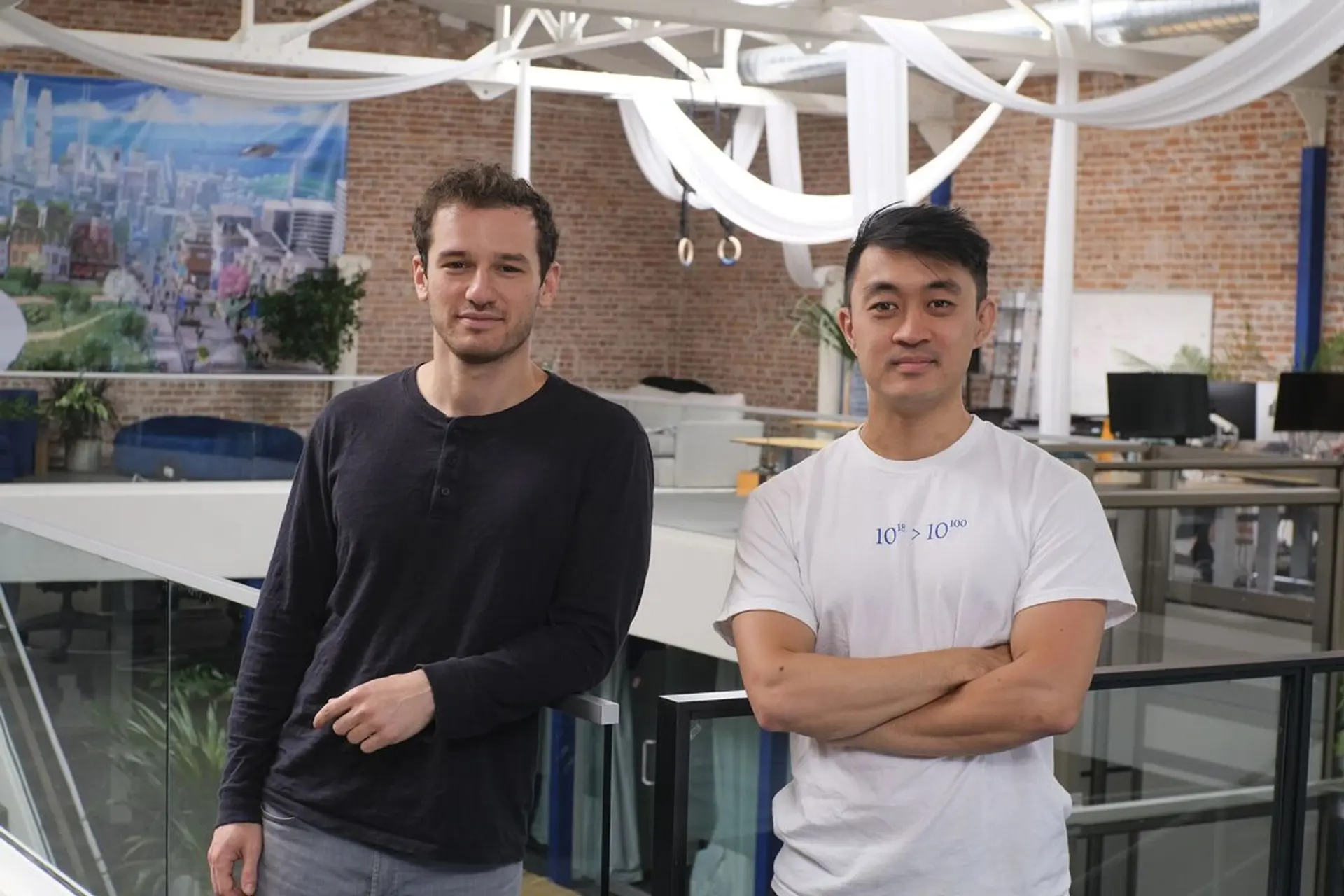Google has narrowly avoided being broken up in a US antitrust case, with the court acknowledging the rising competitive threat posed by artificial intelligence to its search dominance. Despite being found to have a monopoly in online search last year, the judge determined that the rapidly evolving AI landscape could soon challenge Google's position, thus mitigating the need for drastic remedies. This ruling highlights the increasing significance of AI as a disruptive force in the tech industry, capable of reshaping market dynamics and influencing regulatory decisions.
The decision reflects a growing recognition within legal and regulatory circles of AI's potential to level the playing field. Google's defence successfully argued that AI-driven search alternatives could erode its market share, making a breakup unnecessary and potentially harmful to innovation. The case underscores the challenges of applying traditional antitrust principles to rapidly evolving technology markets, where today's monopolies may face obsolescence tomorrow.
While Google still faces scrutiny and potential restrictions on its business practices, the outcome is a significant victory for the tech giant. It signals a shift in how courts assess market power in the age of AI, potentially setting a precedent for future antitrust cases involving tech companies facing competition from emerging technologies.




